Search
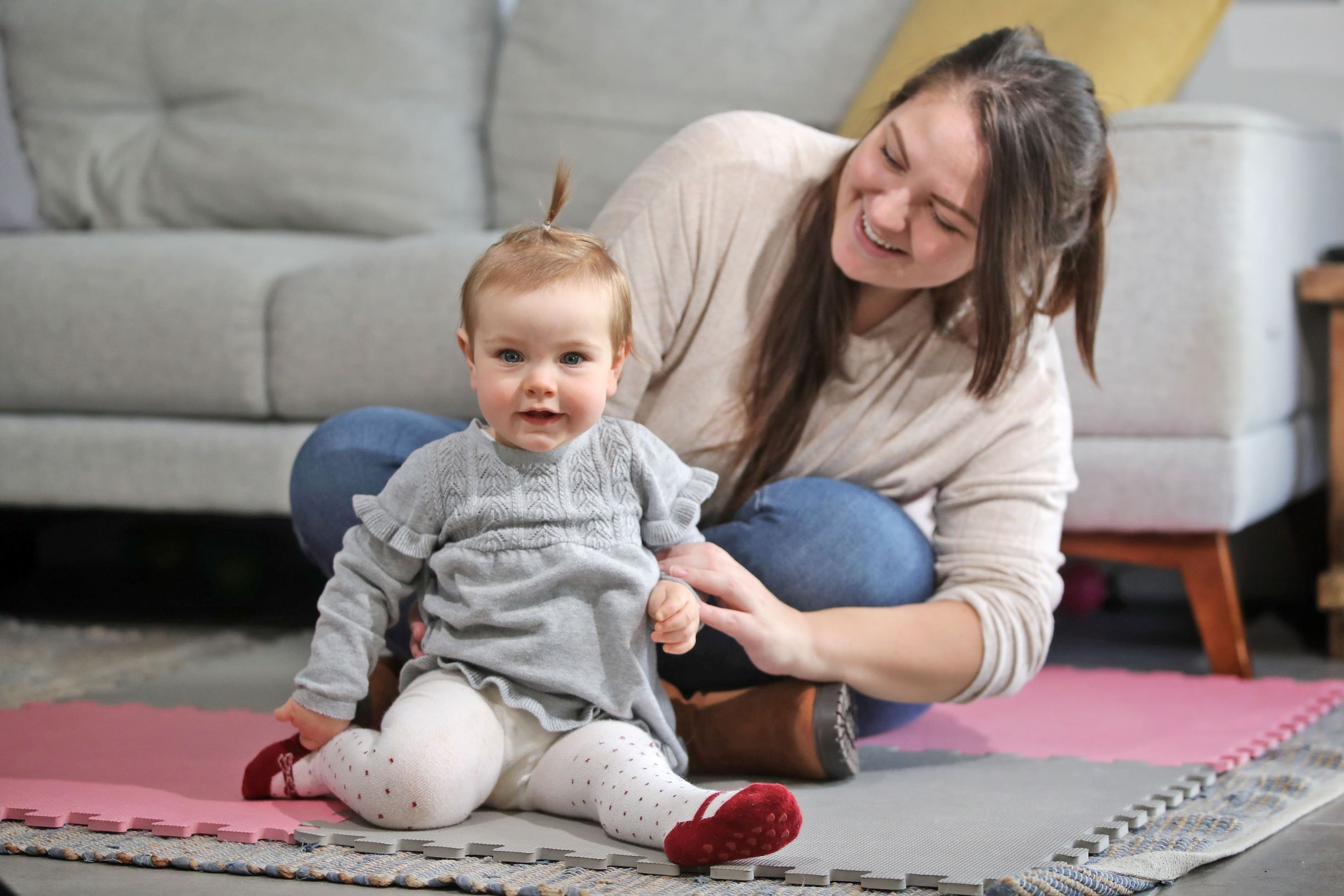
News & Events
Tackling allergy prevention in early lifeThe Childhood Allergy and Immunology Research Team at The Kids Research Institute Australia are currently conducting four studies, through ORIGINS, investigating nutritional strategies in the diets of mothers and babies and how these may reduce the development of allergies.

News & Events
Child health and obesity the focus of international built environment studyResearch data from more than one million Australian and Welsh children will be examined to help better understand how the built environment affects child health and obesity, as part of an international research project to be co-led by The Kids Research Institute Australia.

News & Events
Tips for discussing coronavirus with your kidsThe rapidly developing coronavirus crisis is affecting our daily lives in unprecedented ways and brings with it uncertainty and fear.
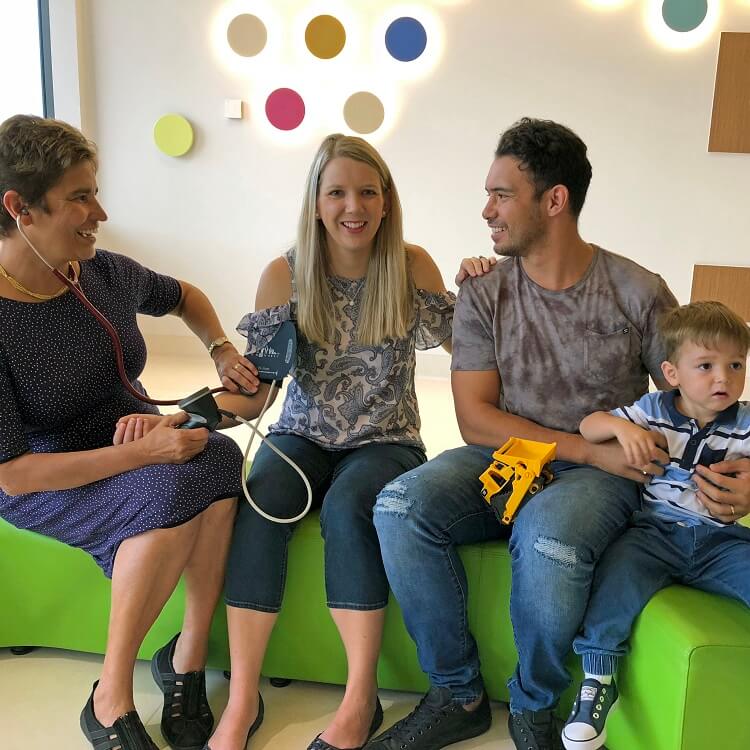
News & Events
ORIGINS reaches key milestoneORIGINS, a collaboration between The Kids and the Joondalup Health Campus, has achieved a major milestone – recruiting its 1000th family.
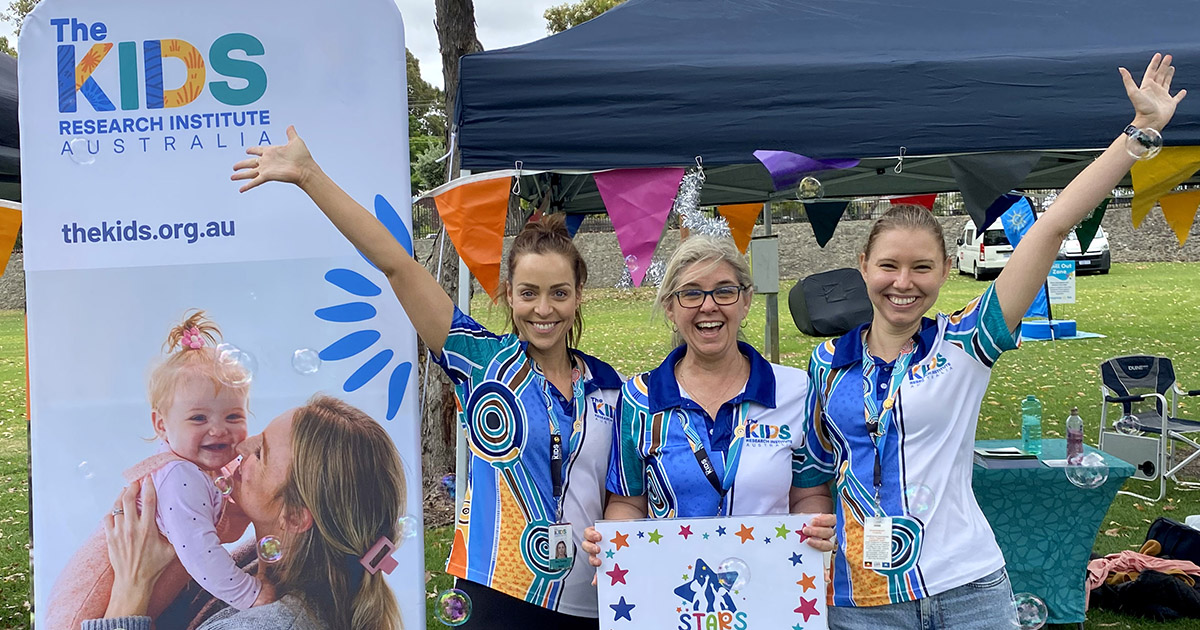
News & Events
ORIGINS sub-project awarded substantial Channel 7 Telethon Trust grant to support disadvantaged childrenSTARS for Kids, a sub-project of ORIGINS, received a three-year grant to advance the development of a scalable, online, tiered model of care to better support disadvantaged communities, where 20-25 per cent of children are entering school developmentally vulnerable.
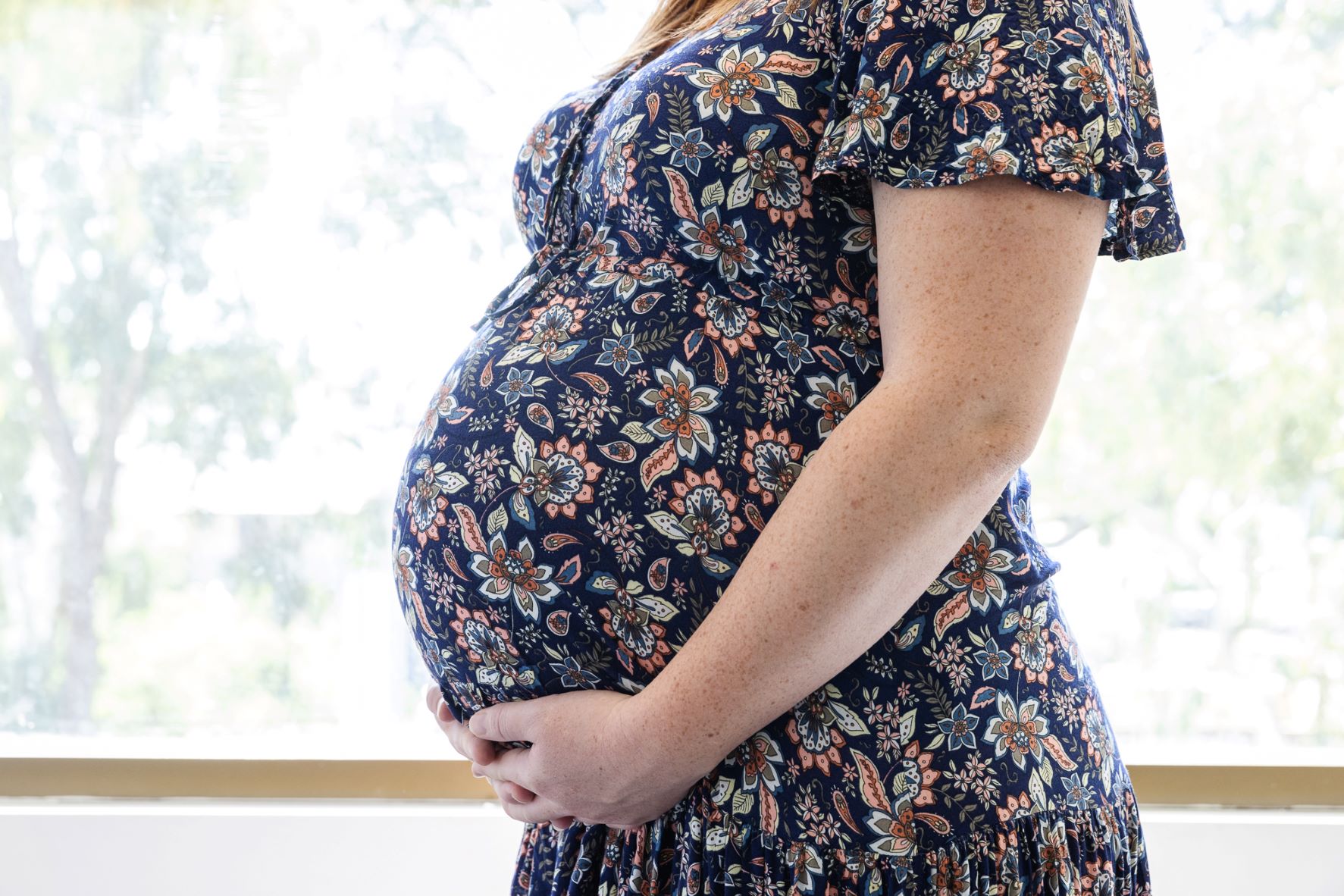
This research focuses on understanding how maternal health, lifestyle, and fertility influence pregnancy outcomes and the early development of children.
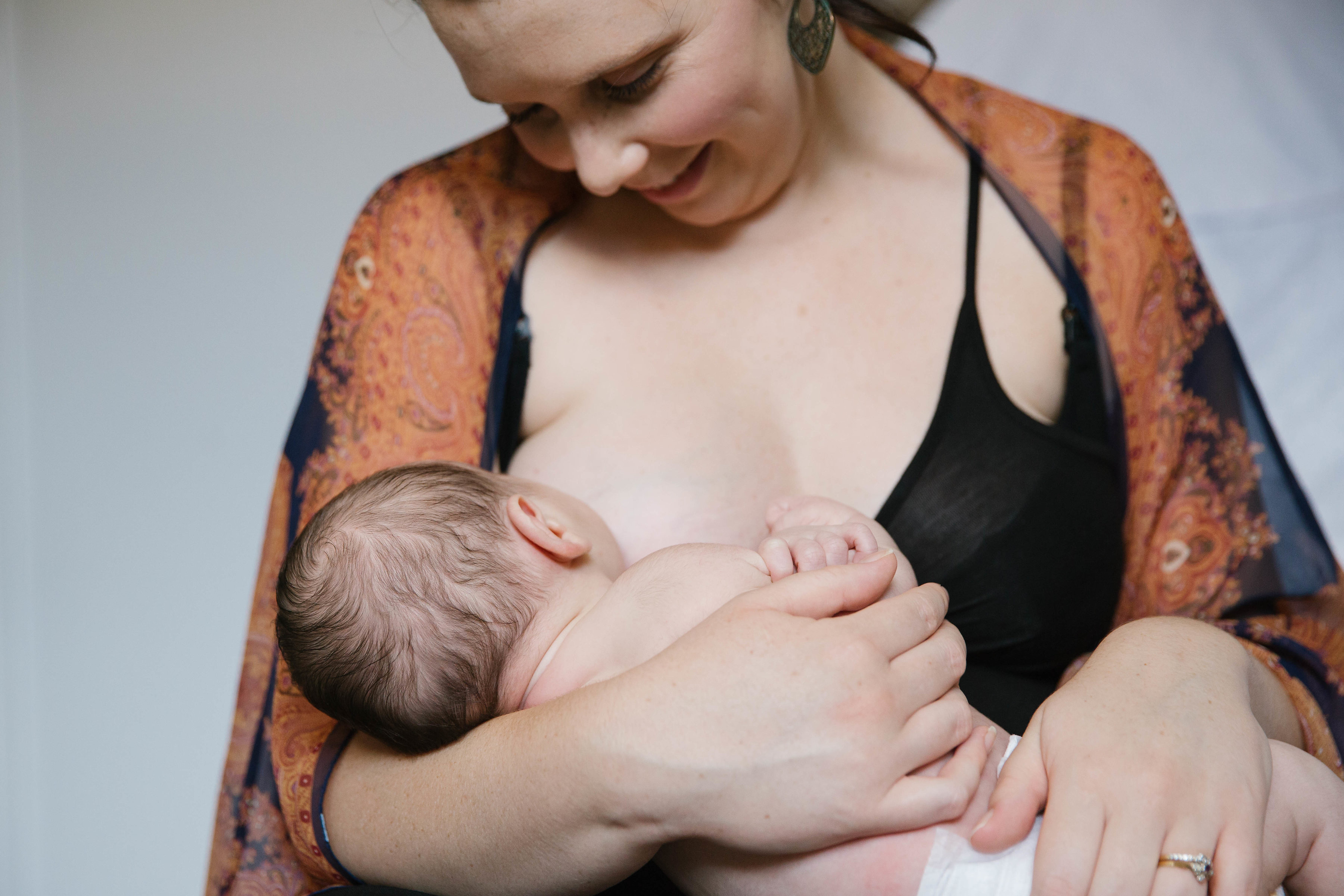
The Antenatal Colostrum Expression (ACE) Study aims to determine whether hand expressing of colostrum in the last few weeks of pregnancy can help new mothers to breastfeed.

Pregnancy Lifestyle Activity and Nutrition (PLAN)

ORIGINS sub-projects that are currently inactive
